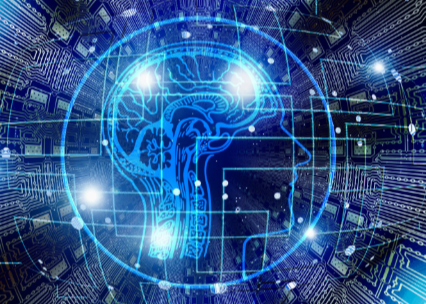The Ethics of Artificial Intelligence and Its Impact on Society
The ethics of artificial intelligence present complex challenges that society must confront. Issues such as bias, privacy, and accountability are intertwined with AI’s rapid advancement. Each facet raises critical questions about the fairness and transparency of these technologies. As AI systems increasingly influence daily life, understanding these ethical implications becomes essential. What will the consequences be if these concerns are left unaddressed? The exploration of these themes is crucial for navigating the future landscape of AI.
Understanding the Ethical Implications of AI
As society increasingly integrates artificial intelligence into various aspects of life, understanding the ethical implications of AI becomes paramount.
This exploration of AI morality raises critical questions about its societal impact, particularly regarding autonomy, privacy, and decision-making.
The Role of Bias in AI Systems
Although AI systems are designed to be impartial and objective, they often reflect the biases present in their training data and algorithms.
This phenomenon raises significant concerns regarding algorithmic fairness, as skewed data representation can perpetuate discrimination.
Addressing these biases is essential for developing robust AI systems that uphold ethical standards and promote equitable outcomes, thereby fostering a society that values freedom and justice for all individuals.
Privacy Concerns in the Age of AI
The pervasive integration of artificial intelligence into various sectors raises significant privacy concerns that warrant careful examination.
Issues surrounding data ownership and the adequacy of consent mechanisms are increasingly relevant, as individuals often unknowingly relinquish their personal information.
This lack of transparency in data usage not only affects personal autonomy but also challenges the ethical frameworks necessary for a free and equitable society.
Read more: The Importance of Developing Tech Skills for the Modern Workforce
Striving for Accountability and Transparency in AI Development
In an era where artificial intelligence systems increasingly influence decision-making across multiple domains, accountability and transparency in their development become imperative.
Ethical frameworks must guide AI initiatives, establishing accountability measures that hold developers responsible for outcomes. Transparency standards should ensure that stakeholders understand AI processes, fostering trust.
Striving for these principles not only enhances societal acceptance but also protects individual freedoms in an evolving technological landscape.
Conclusion
In conclusion, the ethics of artificial intelligence presents a dual-edged sword; while AI holds the potential to revolutionize society, it simultaneously poses significant risks that demand careful scrutiny. The juxtaposition of innovation and ethical responsibility underscores the necessity for vigilance in addressing bias, privacy, and transparency. As AI continues to evolve, the challenge lies in harnessing its benefits while safeguarding individual rights and promoting fairness, ensuring that technological advancement does not come at the expense of ethical integrity.






